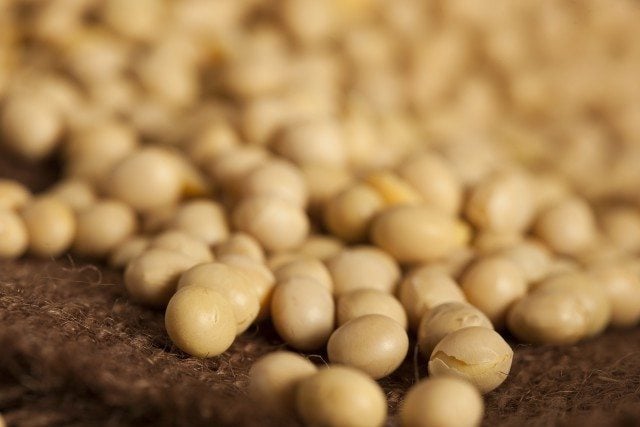Soy lecithin is labeled in the ingredients’ list in a lot of products, ranging from buttery spreads to chocolate cake.
Scientists have now found a potential new role for this all-purpose substance: dispersing crude oil spills.
Their study, which could lead to a less toxic way to clean up these environmental messes, appears in ACS Sustainable Chemistry & Engineering.
Ram B. Gupta and colleagues explain that applying chemical dispersants is one of the most effective ways to help get rid of oil spills quickly.
The dispersants work by breaking down oil into small droplets that bacteria can then degrade.
However, some dispersants can be harmful to cleanup crews and aquatic life.
Gupta’s team turned to a natural, more benign surfactant — an agent that hastens the absorption of liquids by forcing them to form small droplets — to see if it could do the same job without the negative health effects.
The researchers separated crude soy lecithin, a very effective surfactant used in foods, into its lipid components.
Then, they tested how well these lipids could break down oil in water in the lab.
They found the compounds worked as well as or slightly better than two commercial dispersants.
The authors acknowledge funding from the Gulf of Mexico Research Initiative.










